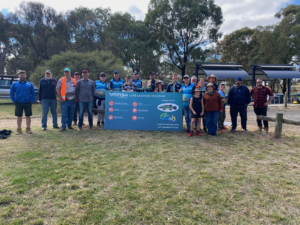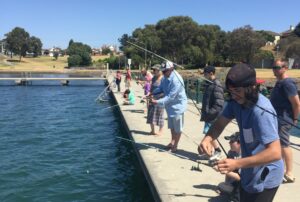June 1, 2017
By Michelle Wenner, Senior Programs & Partnership Manager, VRFish
Every once in a while someone comes along in an attempt to put a price tag on something. “How much do you love fishing”, they ask? “How much would you pay to spend a day in nature, catching a meal for your family, and hanging out with your mates”, they query.
Inevitably, these queries and probing questions are met with a variety of responses (“Rack off” or variations of this being one of the anticipated responses if you are on the enquiring end of the transaction). Regardless, economists and resource managers are not deterred from asking the question and attempting to put a price on everything from nature (or “ecosystem services”, “natural capital” or “assets” as they have become known) to the atmosphere and space. For this, economists are often criticised for knowing the cost of everything but the value of nothing.
However, it is with good reason that these questions are asked. A wise sage of economics once explained to me that if you don’t attempt to value something, at least in economic terms, you don’t have much hope protecting it when someone tries to take away that very thing or replace it with something else that can be valued or quantified.
This is exactly what the Economic Study of Recreational Fishing in Victoria, completed by Ernst & Young and commissioned by VRFish, attempts to do. The study, undertaken for the period 2013-14, attempts to place a value on something of enormous value to many Victorians (838,000 in fact) – being the passion, the pastime and the sport of fishing.
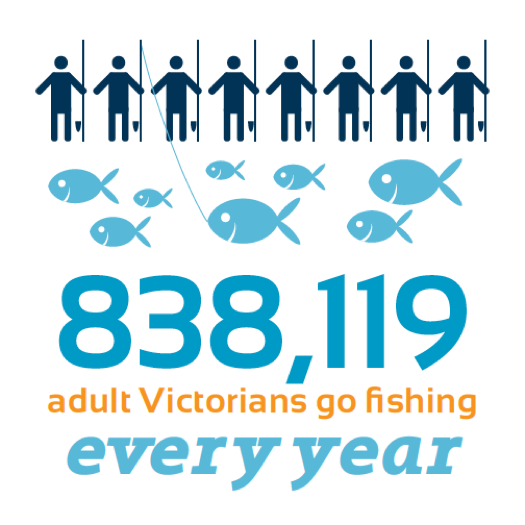

Whilst the report may have received criticism by some, it does navigate some fairly unchartered territory were others dare not venture. In doing so, the report goes towards understanding the economic contribution recreational fishing makes to the Victorian economy and establishing a common methodology for valuing recreational fisheries.
The study, in attempting to value recreational fishing in economic terms, also recognises that the value and community benefit of fishing goes well beyond purely counting what fishers catch and other catch-based estimates of value. And whilst estimates of economic contribution don’t reveal the true total benefit and value of recreational fishing to each individual nor to the community, they do go a long way in providing an incredibly valuable, one-of-a-kind benchmark which highlights the economic value and significance of the recreational fishing sector to Victoria.
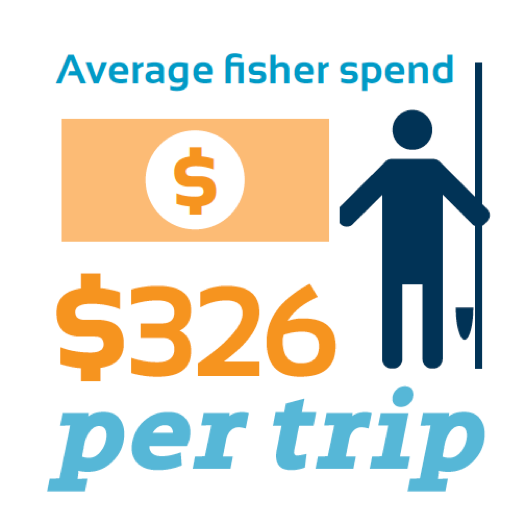
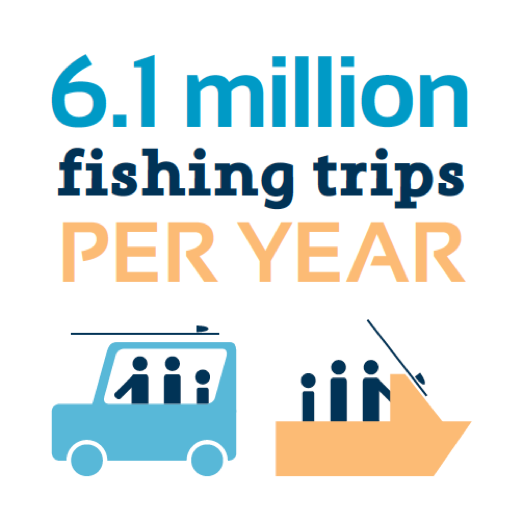
The report and its headline results also highlight the value in investing in recreational fishing, not only in economic terms, but also for the social, health and wellbeing benefits that are experienced by those that go fishing, and are often quoted, but are hard to quantify.
The report outlines the value of fishing and its value to regional economies and communities. Whilst the majority of fishers (73%) reside in Port Phillip Bay, over half of all fishing trips are made in regional areas. Beneficiaries of the report, including Government agencies, water and land managers, researchers and recreational fishing service providers, will no doubt find this and other data on participation and expenditure of great value in future planning and decision-making.
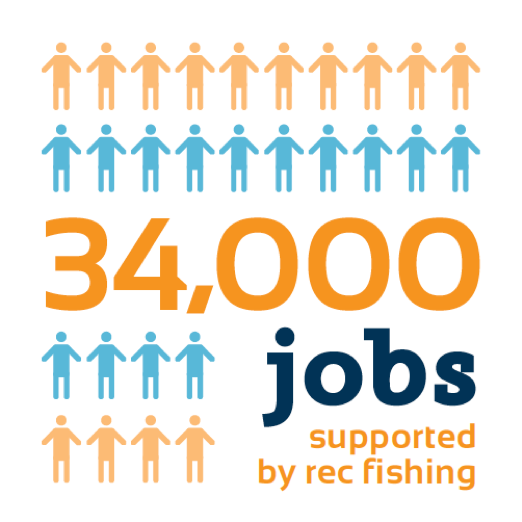
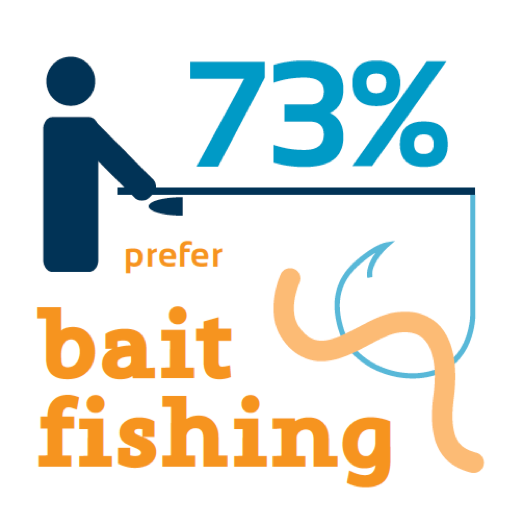
And it is to you, the fisher, that we can say thanks for this wealth of knowledge. It is through your licence fees and through your participation in such studies that valuable data can be collected which can only serve to better protect and enhance the magnificent range of fishing to be experienced in Victoria.
Download Economic Study of Recreational Fishing in Victoria 2013-14







